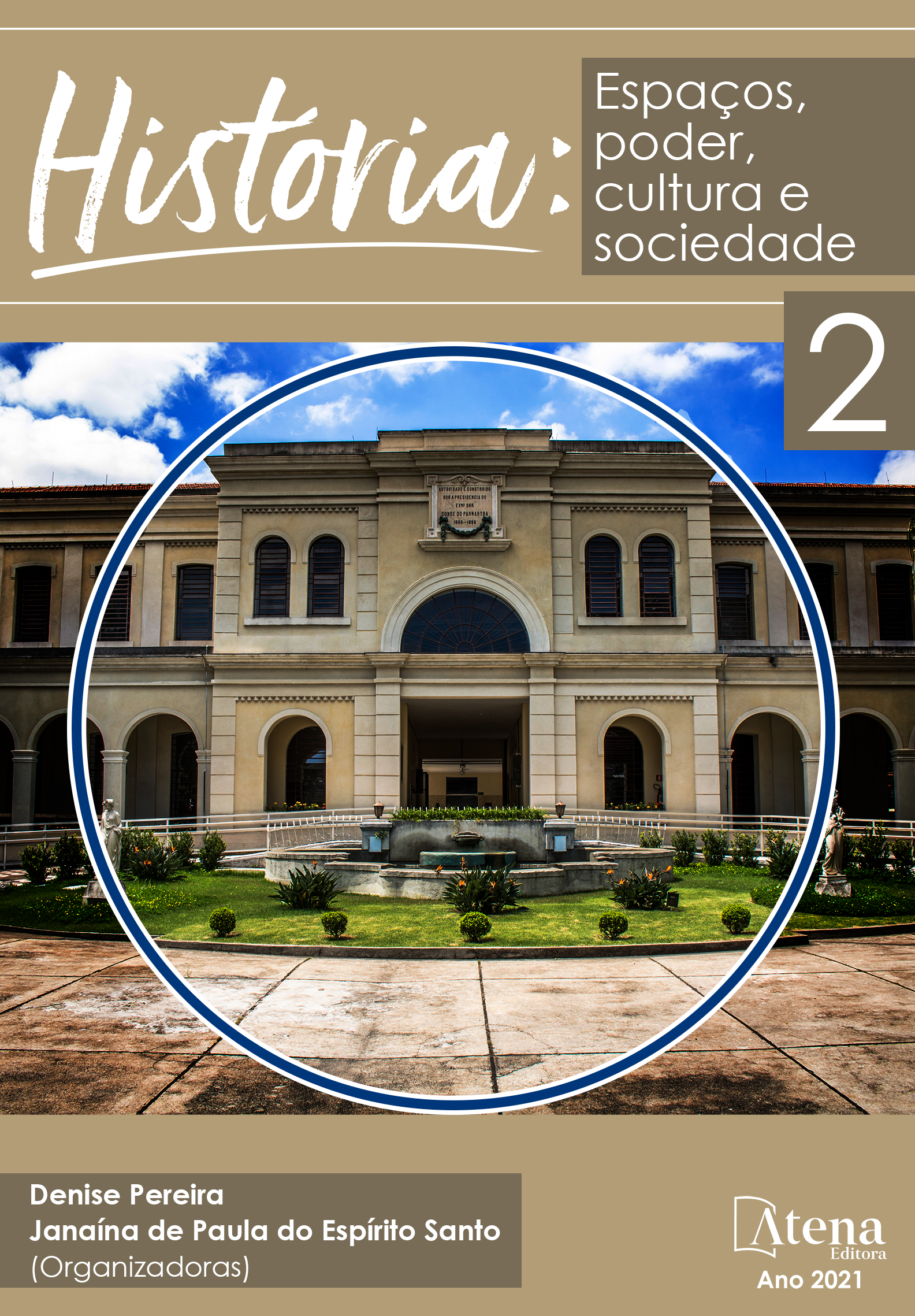
VOZES D’ÁFRICA: A VOZ DA RESISTÊNCIA DE CASTRO ALVES AO SLAM
RESUMO: Este trabalho apresenta estudos sobre as relações entre as obras pós-coloniais do escritor Castro Alves e a poesia do slam da atualidade, na perspectiva da crítica pós-colonial. Busca demonstrar como a literatura consegue dialogar tão bem com os problemas socioculturais, em uma linha histórica extensa, mas constantemente presente e necessária. Os principais objetivos desse trabalho estão em discutir o papel da poesia de rua, comparando-a à poesia abolicionista de Castro Alves; discutir questões relativas às problemáticas étnico-raciais presentes na poesia de resistência das periferias, a exemplo do slam; e, por fim, analisar a inserção dos estudos poéticos em escolas públicas, a fim de revitalizar a poesia de rua e os novos meios de letramento. Para isso, fontes bibliográficas e documentais foram utilizadas na pesquisa, fazendo uma abordagem comparativista, de viés teórico pós-colonialista, entre os poemas com temas abolicionistas e o slam. Os resultados direcionam-se à disseminação e enriquecimento do uso da poesia na rede pública de educação para aumento do letramento estético-crítico na escola, a fim de que os alunos se reconheçam como possíveis escritores. Apresenta-se, portanto, como as ideias apontadas podem ser tão eficientes e necessárias com os métodos de engajamento literário, estando presente historicamente e socialmente nas poéticas abolicionistas e de resistência de periferias. Com isso, infere-se, consequentemente, o fato de que, além da literatura ser uma forte arma contra a opressão, favorece também novos meios de liberdade, transmissão de cultura, conhecimento e disseminação da memória histórica do país.
VOZES D’ÁFRICA: A VOZ DA RESISTÊNCIA DE CASTRO ALVES AO SLAM
-
DOI: 10.22533/at.ed.21521181110
-
Palavras-chave: Crítica Pós-colonial. Poesia. Resistência. Castro Alves. Slam.
-
Keywords: Postcolonial Criticism. Poetry. Resistance. Castro Alves. Slam.
-
Abstract:
ABSTRACT: This work presents studies on the relationship between the postcolonial works of the writer Castro Alves and the poetry of today's slam, from the perspective of postcolonial criticism. It seeks to demonstrate how literature manages to engage sociocultural problems so well in an extensive historical line, but constantly present and necessary. The main objectives of this work are to discuss the role of street poetry, comparing it to Castro Alves' abolitionist poetry; discuss issues related to ethnic-racial issues present in the poetry of resistance from the outskirts, such as the slam; and, finally, to analyze the insertion of poetic studies in public schools, in order to revitalize street poetry and the new means of literacy. For this, bibliographical and documental sources were used in the research, making a comparative approach, with a post-colonial theoretical bias, between poems with abolitionist themes and the slam. The results are aimed at disseminating and enriching the use of poetry in the public education system to increase aesthetic-critical literacy at school, so that students can recognize themselves as possible writers. Therefore, it is presented how the above ideas can be so efficient and necessary with the methods of literary engagement, being present historically and socially the abolitionist poetics and resistance of the peripheries. This brings together the fact that, in addition to literature being a strong weapon against oppression, it also favors new means of freedom, transmission of culture, knowledge and dissemination of the country's historical memory.
-
Número de páginas: 16
- Débora Cristina Santos e Silva
- Vitória Maria Sá da Silveira


